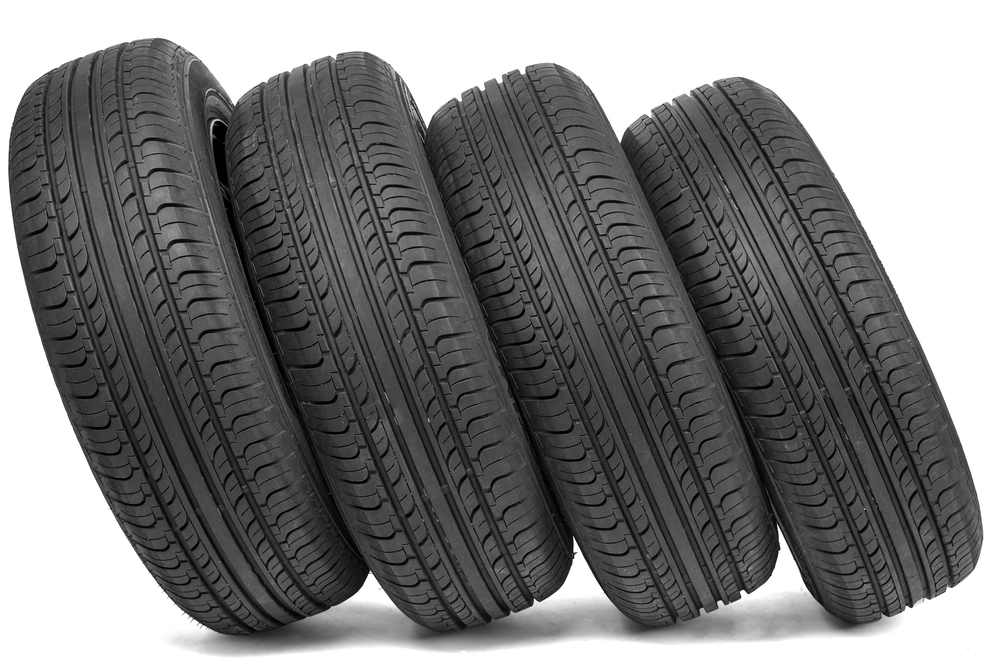Fisherman Boat for Sale — Practical Guide to Choosing, Inspecting, and Maintaining Your Fishing Boat
Finding the right fishing boat requires careful consideration of your specific needs, budget, and intended use. Whether you're a weekend angler or a serious fishing enthusiast, understanding the key features, inspection process, and ongoing costs will help you make an informed decision. This comprehensive guide covers everything from boat types and essential features to financing options and maintenance requirements, ensuring you choose a vessel that serves you well for years to come.

Selecting the perfect fishing boat involves more than just finding an attractive vessel within your budget. The right choice depends on your fishing style, the waters you’ll navigate, and your long-term boating goals. Understanding the various aspects of boat ownership, from initial purchase to ongoing maintenance, will help you make a decision that enhances your fishing experience rather than becoming a source of frustration.
Types and Key Features to Consider
Fishing boats come in numerous configurations, each designed for specific fishing environments and techniques. Center console boats offer excellent maneuverability and 360-degree fishing access, making them ideal for offshore and bay fishing. Walkaround boats provide more shelter and storage, perfect for families or longer trips. Jon boats excel in shallow waters and tight spaces, while bass boats are engineered for speed and precision in freshwater environments.
Essential features to evaluate include hull design, which affects stability and performance in different water conditions. Deep-V hulls handle rough water better but may rock more at anchor, while flatter hulls provide stability in calm conditions. Consider the power requirements, fuel capacity, and storage options that match your typical fishing trips. Electronics integration, rod holders, live wells, and fish boxes should align with your fishing preferences.
How to Inspect a Used Fisherman Boat
Thorough inspection prevents costly surprises after purchase. Start with the hull, checking for cracks, soft spots, or previous repair work that might indicate structural issues. Examine the transom carefully, as this area bears significant stress from the engine. Look for signs of water intrusion, corrosion, or wood rot in older boats.
Engine inspection requires attention to maintenance records, oil condition, and overall appearance. Run the engine and listen for unusual sounds, check cooling system function, and verify all gauges operate correctly. Inspect the electrical system, including batteries, wiring, and all electronic components. Test steering systems, throttle controls, and safety equipment to ensure everything functions properly.
Pricing, Valuation, and Negotiation Tips
Boat values fluctuate based on age, condition, brand reputation, and market demand. Research comparable sales using online databases, dealer listings, and marine surveys to establish fair market value. Consider seasonal factors, as prices often peak during spring and early summer when demand increases.
Successful negotiation requires understanding the seller’s motivation and the boat’s true condition. Factor in immediate repair needs, missing equipment, and transportation costs when calculating your offer. Professional marine surveys, while adding upfront cost, provide valuable leverage in negotiations and protect against hidden problems.
| Boat Type | Price Range | Key Features |
|---|---|---|
| Jon Boat (14-16ft) | $2,000 - $8,000 | Shallow draft, simple design, affordable |
| Bass Boat (17-21ft) | $15,000 - $60,000 | High performance, specialized fishing features |
| Center Console (20-26ft) | $25,000 - $150,000 | Versatile fishing platform, offshore capable |
| Walkaround (22-28ft) | $40,000 - $200,000 | Family-friendly, weather protection |
Prices, rates, or cost estimates mentioned in this article are based on the latest available information but may change over time. Independent research is advised before making financial decisions.
Financing, Insurance, and Legal Requirements
Marine financing options include traditional bank loans, marine-specific lenders, and dealer financing programs. Interest rates and terms vary significantly based on boat age, loan amount, and borrower qualifications. Newer boats typically qualify for longer terms and better rates than older vessels.
Insurance requirements vary by location and lender specifications. Comprehensive coverage protects against theft, damage, and liability, while basic policies may only cover minimum legal requirements. Consider factors like navigation area, boat value, and your experience level when selecting coverage levels.
Registration and documentation requirements depend on boat size and intended use. Most states require registration for motorized vessels, while federal documentation applies to boats over certain tonnage used in commercial activities or interstate waters. Verify local requirements and obtain necessary permits before operating your vessel.
Maintenance, Upgrades, and Preparing for the Water
Regular maintenance extends boat life and ensures reliable operation. Engine maintenance follows manufacturer schedules, typically including oil changes, filter replacements, and cooling system service. Hull maintenance involves cleaning, waxing, and addressing any damage promptly to prevent deterioration.
Seasonal preparation varies by climate and storage methods. Winterization in cold climates requires engine antifreeze, fuel stabilizers, and proper storage techniques. Spring commissioning involves systems checks, safety equipment inspection, and any needed repairs before launching.
Upgrades should enhance functionality rather than just appearance. Electronics upgrades like fish finders, GPS systems, and VHF radios improve safety and fishing success. Comfort improvements such as seating, shade, and storage solutions make longer trips more enjoyable. Consider the return on investment for any modifications, especially if you might sell the boat in the future.
Successful boat ownership begins with choosing the right vessel for your needs and continues with proper care and maintenance. Take time to research thoroughly, inspect carefully, and plan for ongoing costs. A well-chosen and properly maintained fishing boat will provide years of enjoyable experiences on the water, making the investment worthwhile for passionate anglers.




